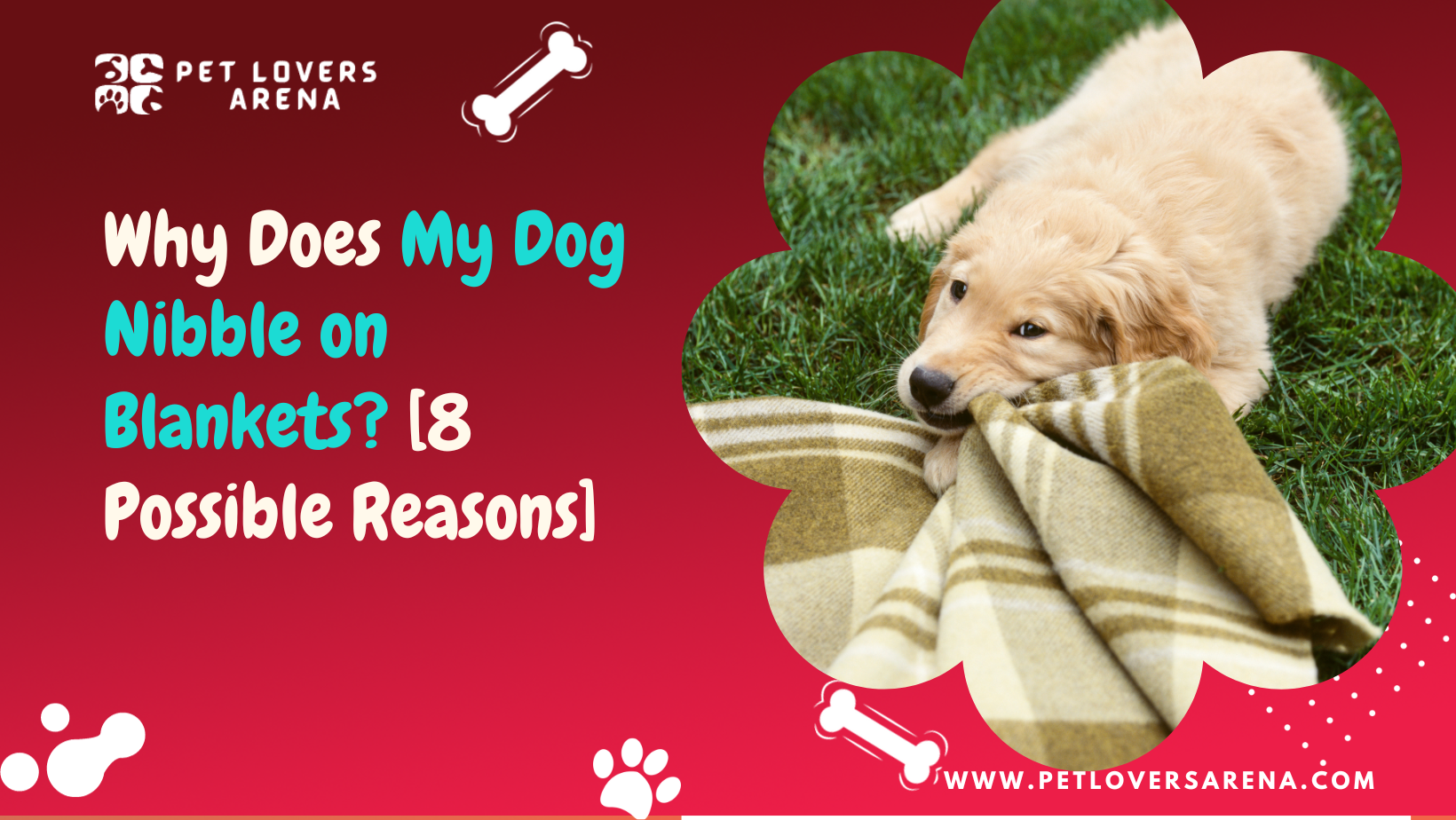Dogs are constantly on the quest for new things to chew on, from finding holes in your shoes to uncovering their almost torn mattresses. Blankets appear to be a favorite among such chewables.
Canines’ inherent tendency is to nibble. Even though it is typical for them to chew on nearly everything, our four-legged pals may be conveying something to us. As their parental figures, it is entirely our commitment to assess their apprehensions and put an end to them.
Dogs chew for a variety of reasons, including irritation, anxiety relief, and hunger. Some nibble out of idleness, while others nibble in response to an itch they can’t access. Many dogs nibble because it feels nice, and some other nibbling may occur because your dog wants you to acknowledge and pay more attention to them.
Probable Causes for Your Dog Nibbling on Blankets
Here are a few of the causes your dog nibbles on blankets.
1. They’re just bored
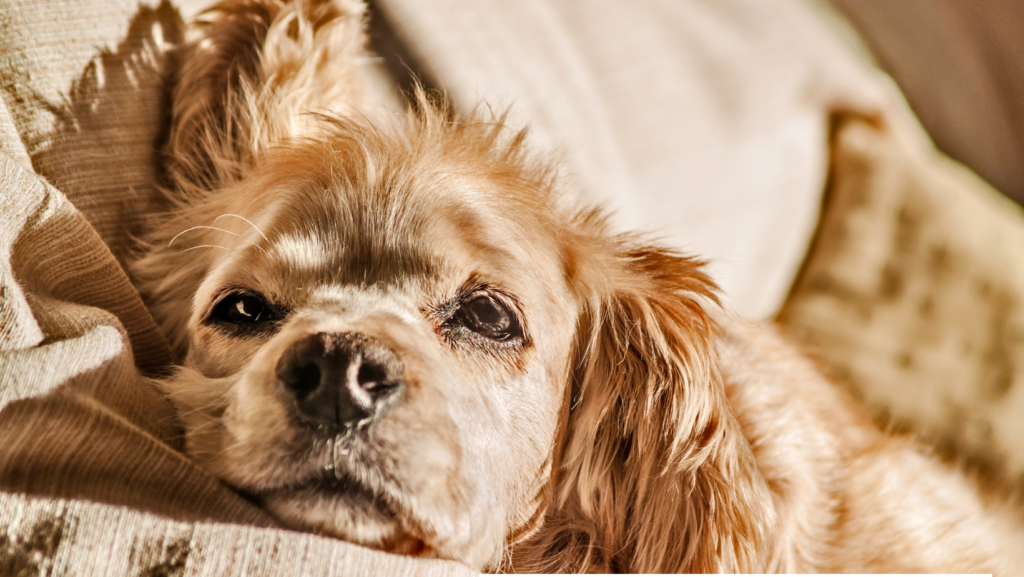
Dogs are highly energetic creatures who wish to spend the majority of their time frolicking about out of doors. Boredom may set in if your dog spends a significant amount of time confined in the apartment. To kill time, your dog may begin munching on items in an attempt to find something to do and keep themselves entertained.
Solution
A smart strategy to prevent this is to ensure that your dog has regular playing with you as well as other pets. Boredom can also be alleviated if someone else plays with or walks your dog while you are absent. If not, once you’re back, be sure to take your dog for a stroll or run to let off some steam.
Often changing up your routine might help to relieve your dog’s ennui. Try a different walking path than you’re used to, or perhaps check out the new dog park that recently opened.
You can also make sure your dog has a nice assortment of chew toys. Try applying a chew repellent spray on anything that you wish to keep absolutely out of chews while you’re away.
2. They’re hungry or craving a treat
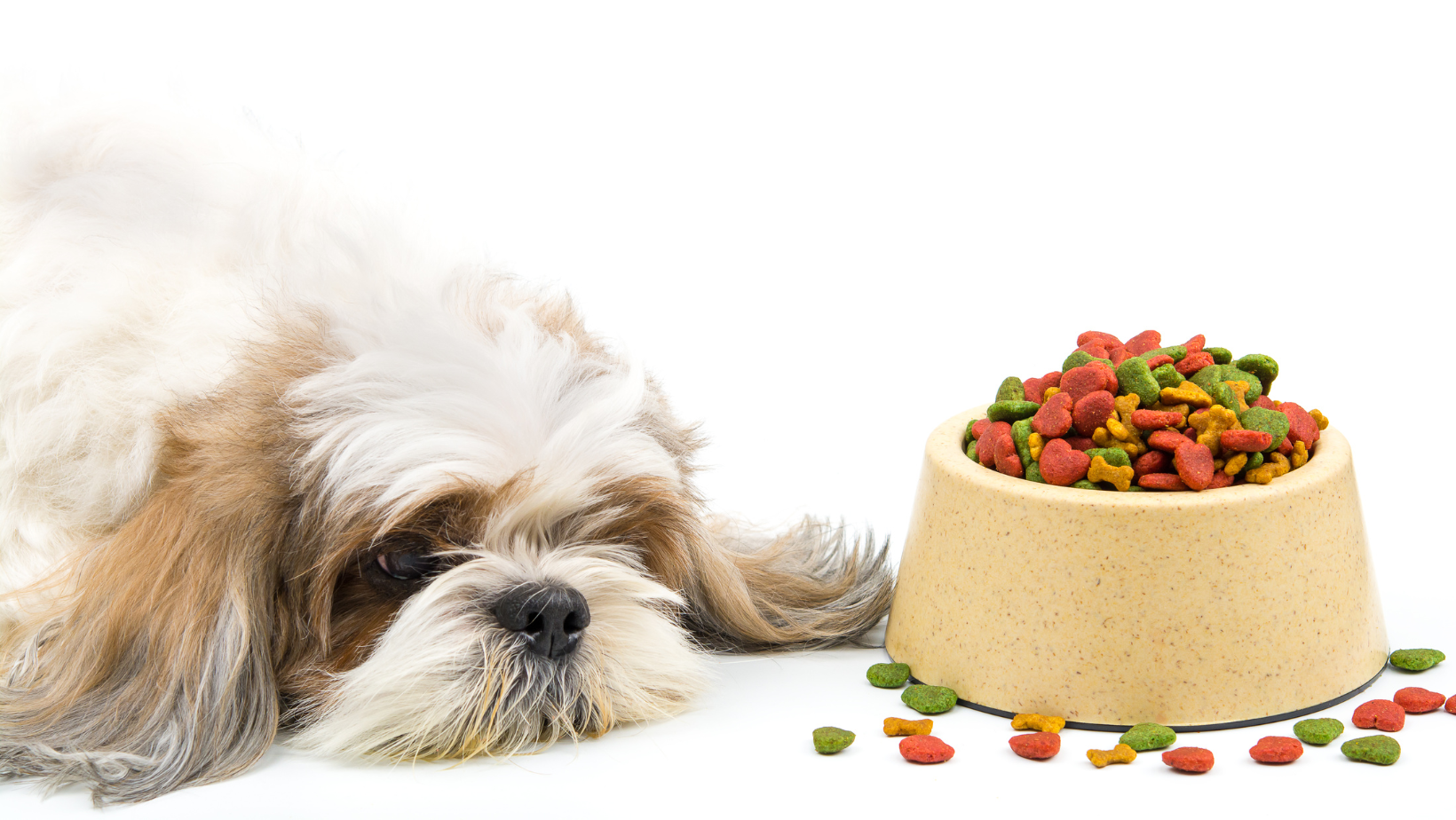
Blanket nibbling might sometimes signify that your furry buddy is hungry or wants a tasty treat. Dogs may chew on inedible things if their diet is deficient in nutrients and energy. Even though your dog appears to be doing well, likely, his diet isn’t addressing all of his demands. If you find your dog is much less energetic, less involved in activities, or spends a lot of time sitting about, he may not be acquiring sufficient calories.
Another possible cause of your dog’s nibbling is a limited diet. Munching or nipping on items is an effort to get more nutritious elements.
Solution
Pick your kibble with care to effectively deliver all the nutrients your canine requires for wellness and vibrancy. Examining the list of ingredients is a simple method to ensure he’s getting nutritious meals. Ensure your dog food meets the criteria established by the Association of American Feed Control Officials.
3. Stress and anxiety
Moving to a new residence, unfamiliar settings, loud noises, or being left unattended can all create stress in dogs. They often experience anxiety, and stress when they are away from their owners. Certain dogs are more susceptible to anxiety and stress than some others, however, all dogs experience stress in specific conditions. Dogs would then engage in actions that will help them stay relaxed.
Your dog’s anxiety may well be relieved by nibbling on blankets. Your dog discovers that nibbling a blanket leaves him feeling calmer, and he will turn to this activity if he is worried.
Solution
Seek measures to lessen the trigger to remedy this. If your dog tends to get agitated while there are loud noises, try avoiding blaring music as much as possible. It is essential to be tolerant with your dog if he is anxious as a result of a relocation. Allow him to gnaw on suitable things and be patient with him for a few weeks. If your dog struggles with separation anxiety, get advice from a professional about how to gently acclimate your dog to periods alone.
4. Allergies or pain
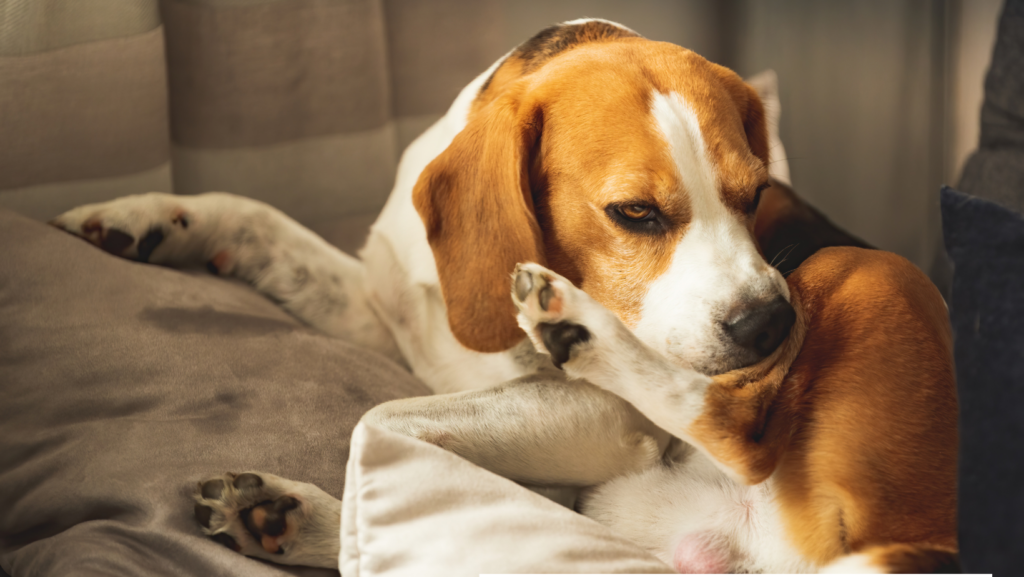
Many dogs suffer from allergies and will gnaw on blankets to soothe their discomfort. Persistent clawing or nibbling on their coats might indicate skin irritation.
Likewise, an injury might prompt your dog to find consolation by nibbling on blankets.
Bonus Read: 8 Best Shampoos For Goldendoodles To Buy In 2022
Solution
Finding the root of your dog’s suffering or the origin of his allergies and treating it will frequently halt his nibbling tendency.
5. Premature weaning
Another reason dogs gnaw or nibble on their blankets is if they were weaned too soon. Researchers agree that if you wean your dog before they become seven or eight weeks old, they are more prone to developing a sucking tendency.
Because they haven’t completed suckling on their mothers, their instinctive response is to swaddle themselves in a comfortable quilt. If it occurs over an extended length of time and you are unable to regulate or stop it once your dog participates in this activity, it may have developed into an obsessive habit and you may require expert assistance.
6. Teething
One of the most prevalent habits in pups is nibbling, as they will begin to grow teeth and the teething phase for dogs may be quite agonizing. This is generally a painful procedure that may be improved by giving them a soft toy or something to bite and nibble on to calm their sensitive gums.
Solution
Freezing a soft toy or a damp face towel before presenting it to your dog can assist in numbing and relieving painful gums.
7. They’re trying to grab your attention
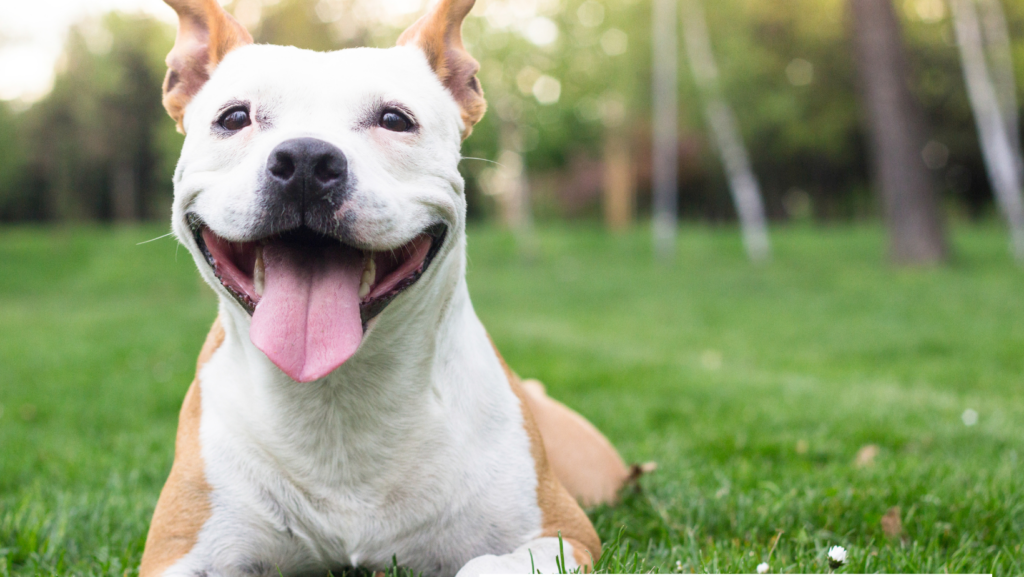
Let’s face it, we all become a touch too busy from time to time. Furthermore, with the work-from-home alternative still in play, our pets may become irritable if they don’t feel like they’re getting enough attention. Canines are attention seekers, and they constantly demand their owners to acknowledge them. They will try to nibble through a blanket if it would get you to pay more attention to them, even if they could get in trouble for it.
8. It’s their little way of showing you some affection
For dogs, nibbling is also a gesture of love. When he loves you and wishes to be near to you, your dog chews on your blankets. Perhaps your blanket smells like you and he believes it would be preferable to munch on that instead of you to show his affection.
When Should I be Concerned About My Pet’s Blanket Nibbling?
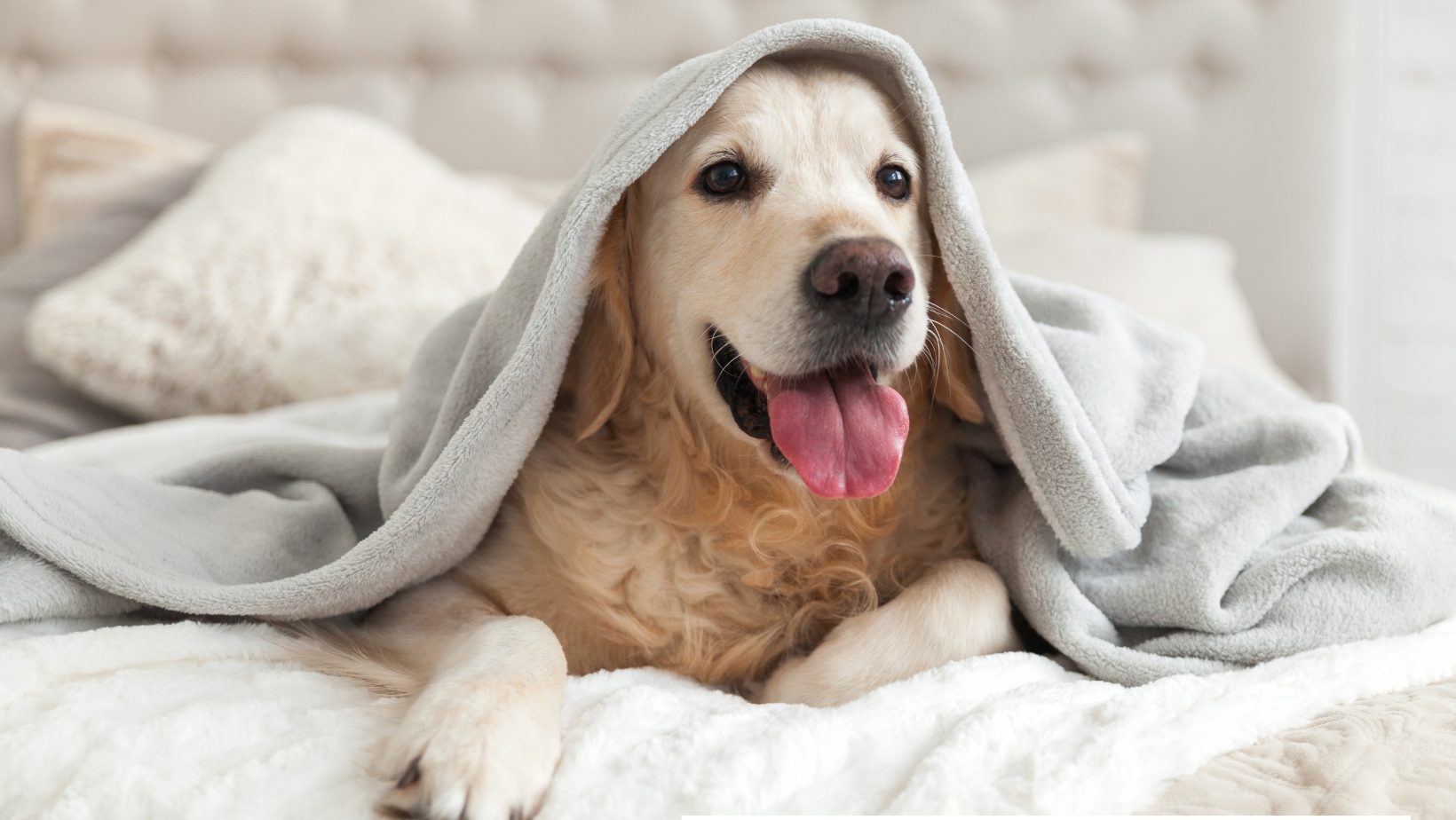
Your dog would not be impacted by blanket nibbling. If your pet’s blanket nibbling disturbs you, try redirecting the activity to a specific blanket that belongs exclusively to your dog. He or she will then quickly adjust to nibbling solely on that blanket.
But if it is a stress or pain reaction, you must first treat the underlying problem before tackling the behavior.
Also Read: Why Does My Dog Keep Sitting Down Abruptly? [ 9 Possible Reasons]
How Do I Train My Dog to Stop Chewing on Blankets?
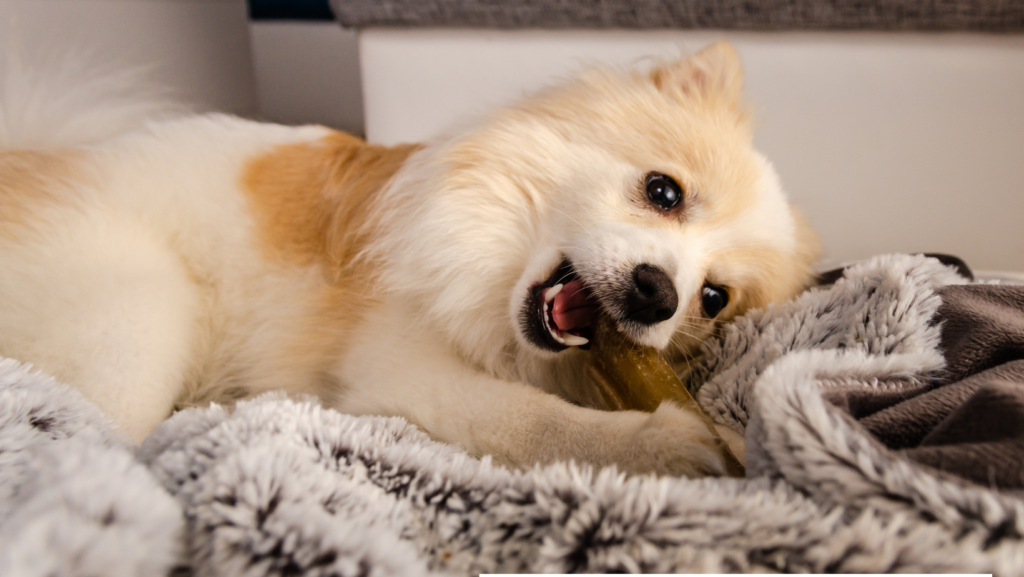
Chewing activity is better shifted towards a more suitable item. Offering your dog his favorite blanket or chew toy to gnaw on will usually resolve the problem. Excessive nibbling may well be reduced by taking quality time instructing your dog on what he can and cannot nibble on.
Here are some pointers that may be useful to you:
1. Have your dog examined by a veterinarian
As previously said, nibbling might be caused by a teeth condition, a nutritional deficit, or an anxiety disorder. If either of these problems exists, a skilled veterinarian is a perfect candidate to assist you.
2. Make an effort to alter his lifestyle or circumstances
You must determine whether he is attempting to entertain himself, whether he requires a change in routine, or whether he simply needs to blow off some steam. Occasionally undesirable behaviors can be broken by adjusting things that appear unrelated to the issue. A dog who is bored or has a lot of extra energy seems to be more prone to exhibit disruptive or improper behavior.
3. an assortment of chew toys
Purchase a few unique chew toys for your dog and swap them on a periodic basis to ensure they are kept occupied. Rubber toys which can be loaded using goodies like peanut butter are very enticing and will hold a dog’s interest even if there is no one around to interact with.
4. A little appreciation
Praise your dog whenever they chew on a suitable object. Whenever they display desired behavior, give them praise, your attention, or perhaps a tiny treat.
5. Train them with commands
When you catch your dog chewing on a blanket, teach him instructions like “No” or “Stop.” Never attempt to remove a blanket from your dog’s mouth. This shows them that it is an attention-getting activity.
6. Use a chewing deterrent spray
Such sprays are not hazardous to your dog, but they leave an odd taste on the items on which they are sprinkled. The flavor may deter the dog from nibbling on her blankets, but it may also cause diseases.
Final Words
Dogs, like other pets, are unable to communicate by themselves verbally and may indicate their need for something or that something is troubling them in unusual ways. While chewing on blankets may be their way of expressing “I love you,” it might also suggest that they are allergic to something or that their gums ache. Although nibbling is not a dangerous activity, it is always advised to seek expert treatment if you are unable to manage your canine friend or if the nibbling gets out of discipline.
Meet John Patterson, an accomplished Dog Trainer and a dedicated advocate for building strong human-canine relationships.With years of experience as a Professional Dog Trainer, John firmly believes that well-trained dogs are a reflection of patient guidance and unwavering care. Beyond his training skills, he finds solace in grooming and playing with dogs, nurturing their physical and emotional well-being.

